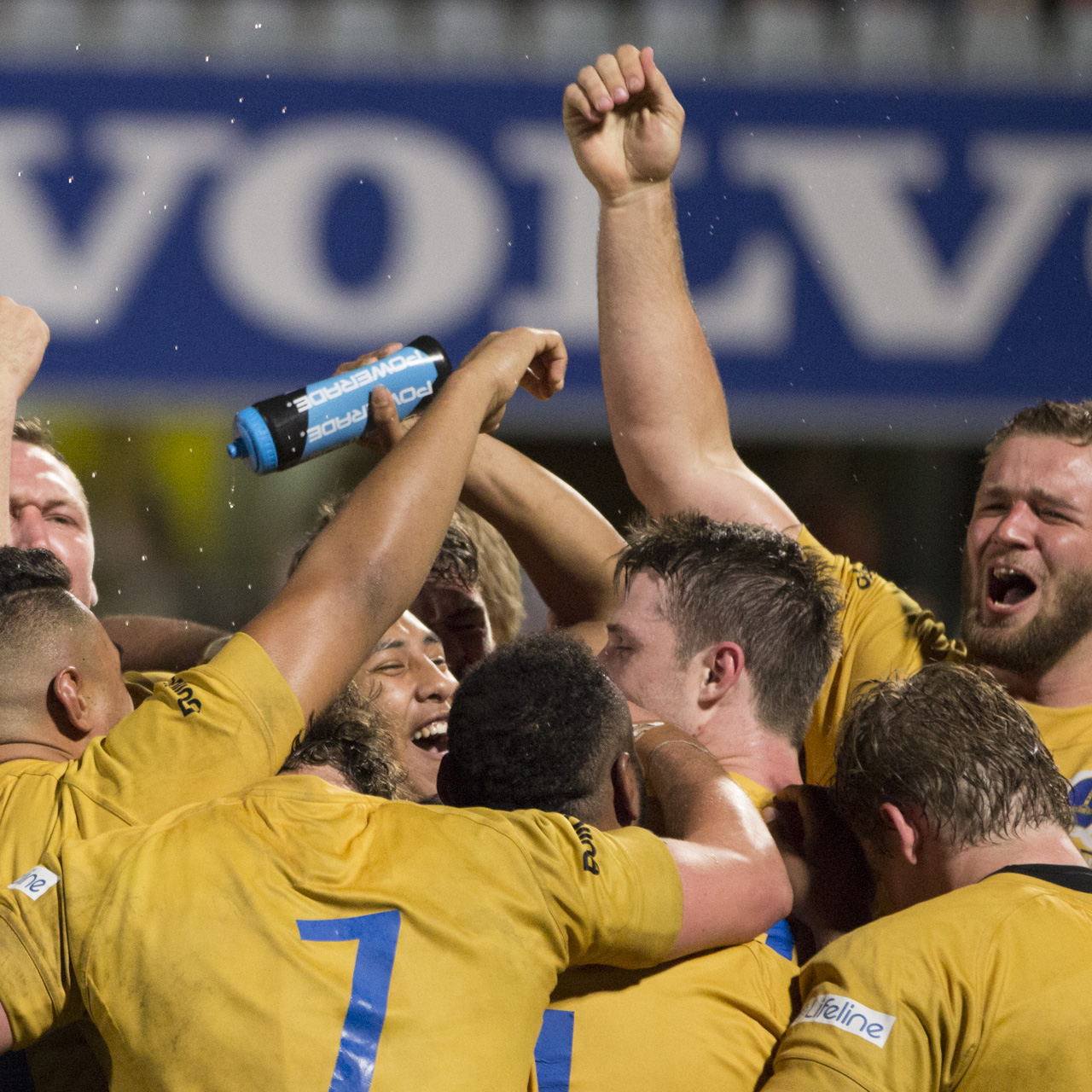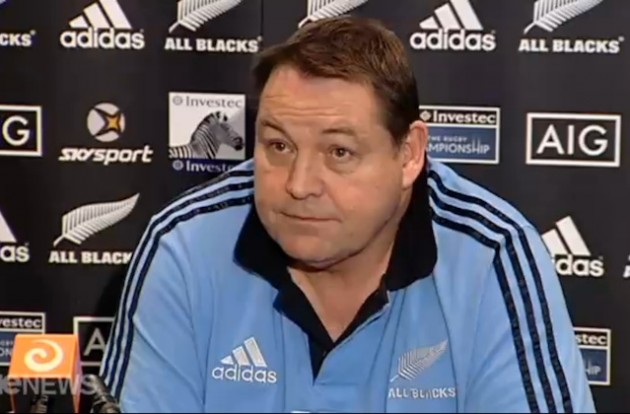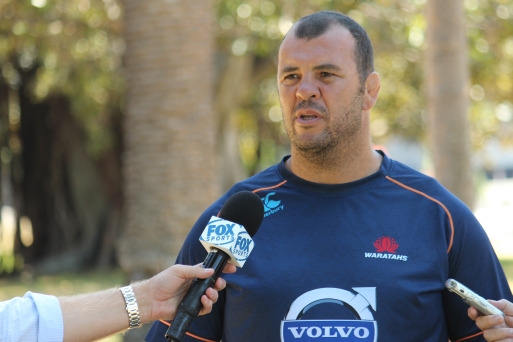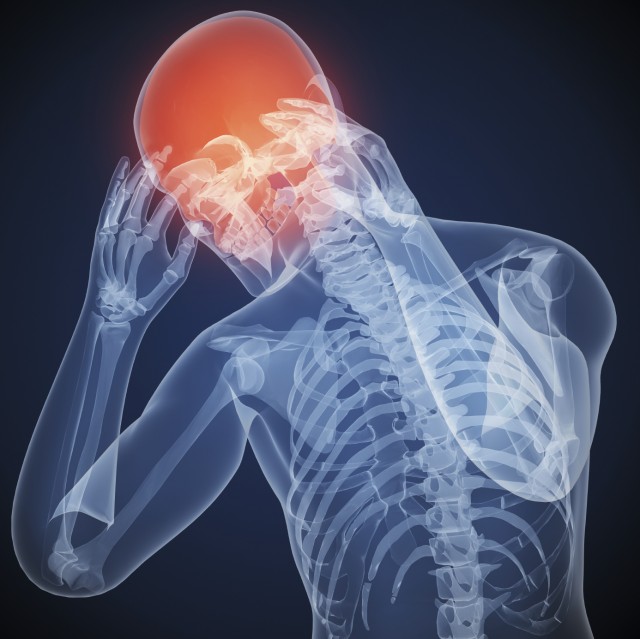Hot off the presses we’ve got Nick Stiles fighting for the future of the NRC, The All Blacks engaging in spy games in the UK, Cheika learning from the north in preparation for the coming winter, and new technology being tested which may allow for real-time monitoring of head injuries during sport.
[one_half last=”no”]
Will the NRC Survive?
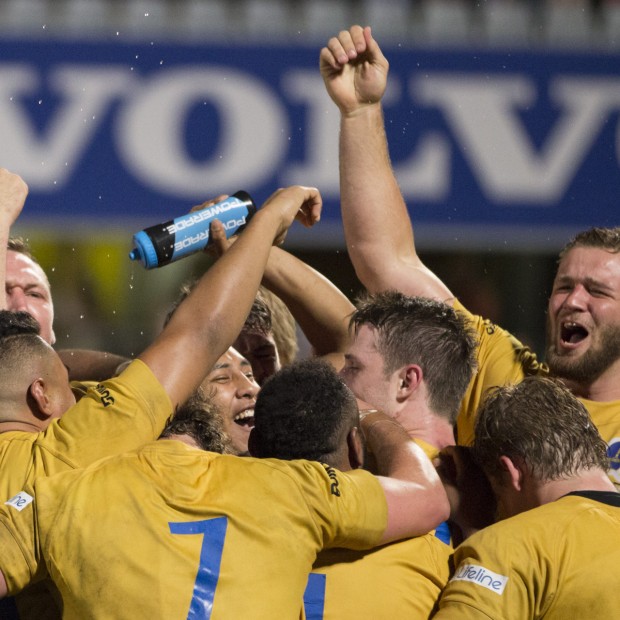
While the details of the relative financial success of the inaugural NRC have yet to come to light, some are already fighting for the future of the competition. Brisbane City head coach Nick Stiles has cited the positive impact of the competition for all levels of Australian rugby as a reason the competition must be persisted with, “We’ve seen so much benefit for Reds players, Wallabies players working their way back from injury, and club players coming up into the competition and being exposed to rugby of a high standard”. While the opening season of the NRC did have its fair share of critics, the proven model of the third tier competition in both New Zealand and South Africa alongside the support of Australian rugby figureheads such as Stiles will hopefully be enough to keep the competition afloat during times where the coin purse doesn’t jingle quite like it used to. [/one_half] [one_half last=”yes”]
All Blacks Ready for Cloak and Dagger Affair in England
After an incident last year in which a member of the English press was able to infiltrate an All Blacks’ team room, the doors will be watched a bit more closely this time around. While the journalist in question only came upon an empty room, it was a breach in security that made the All Blacks coaching and administrative staff very uncomfortable in a time where the margins between winning and losing a test can be razor thin. In regards to folks respecting the privacy of the squad this year Steve Hansen had some comments to make, ” (But) we’ve learned that we can’t expect that so obviously we’ve got to be a bit smarter and make sure the security’s right”. Hansen would also go on to say he holds no personal grudges against the UK press and understands that they have jobs of their own to do. He would just prefer that they not be done in an empty All Blacks team meeting room.[/one_half] [one_half last=”no”]
Cheika Learning from Lancaster
Although it has been easy to forget over time, Stuart Lancaster was once himself a controversial appointment tasked with cleaning up the back-room behavior of his own national squad. Cheika has taken note from his English colleague and based on his own comments is looking to emulate the Lancaster effect within the Wallabies squad, “It is about being proud of the team and we can do that by showing our commitment on the field as best we can. It won’t always be perfect but we want our effort to be perfect every time we go out there”. With the recent off-field incidents that have consumed the Wallabies in recent weeks slowly fading into the background, one can only hope that the Wallabies are able to strive for and maintain a professional commitment to the jersey both on and off the pitch in the coming months. [/one_half] [one_half last=”yes”]
New Sensors Allow Real-Time Monitoring of Head Impacts
Two new products from Triax technologies may soon allow real-time monitoring of head impact during sporting events. The model SIM-P and SIM-G are both very small sensors that an athlete wears via a headband and which can feed live data about linear and rotational accelerations of the head as well as tracking the number of impacts that have occurred and when they happened. While rugby will be a difficult sport to adapt the products for (how often do you see even the most tightly wrapped tape getting ripped off by the half?) commercializing such technology is a major step in the right direction not just for professional sports teams, but amateur ones as well. If the proper price points can be met to facilitate sales to a public sporting market the devices are capable of feeding data directly to a smartphone or tablet device, allowing the user to track these impacts as they occur on the field and hopefully provide better guidance for match medics and officials at all levels of sport. [/one_half]

